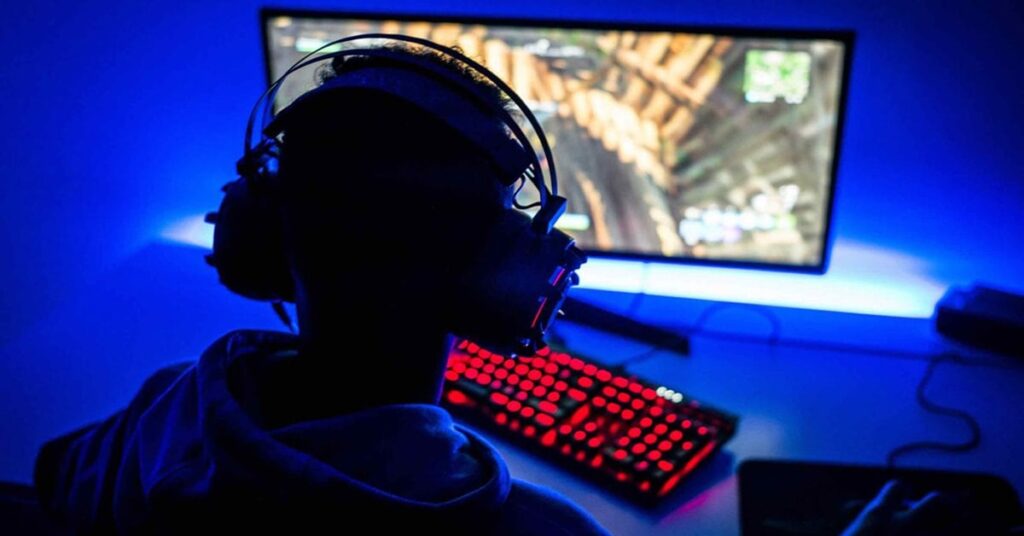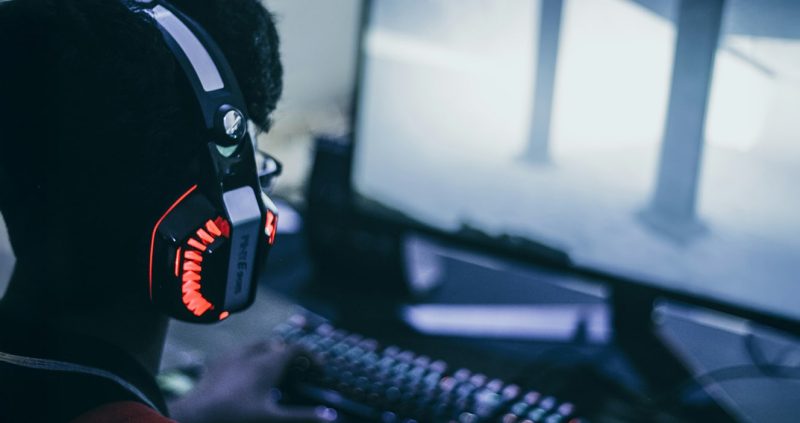We’ve all been there. You’re deep into an online game, things are getting intense, and suddenly your connection drops. Or maybe you’re getting absolutely destroyed by players who seem to know every trick in the book. The gaming world’s constantly changing, and honestly? It can be overwhelming.
There are some solid ways to level up your gaming experience that don’t require you to become a pro overnight. These strategies have been developed over years of gaming (and plenty of frustrating losses), and they’ve genuinely made a difference.
Get Your Tech Right
First things first – your setup matters. You don’t need the most expensive rig on the planet, but you can’t expect smooth gameplay on a potato either. If your graphics card is from 2015 and you’re wondering why modern games look terrible, well… there’s your answer. The same goes for RAM – 8GB used to be plenty, but nowadays, you’ll want 16GB minimum for newer titles.
Here’s something most people overlook: your monitor’s refresh rate. I upgraded from a basic 60Hz to 144Hz last year, and the difference was night and day. Everything felt smoother and more responsive.
But even the best hardware won’t save you if your internet’s acting up. WiFi’s convenient, sure, but it’s also unreliable when you need it most. An Ethernet cable might look messy, but it’ll prevent those rage-inducing disconnects during crucial moments.
Run speed tests regularly, too. Your ISP might promise certain speeds, but reality doesn’t always match the marketing.
Find Your Gaming Tribe
Gaming’s way more fun with the right people. Joining communities, guilds, or clans isn’t just about having teammates – it’s about finding people who actually get why you’re excited about that rare drop or perfect headshot. These groups become your go-to for strategy tips, game recommendations, and sometimes just venting about that one boss fight that’s been destroying you for hours.
Take Americas Cardroom, for example. Players there don’t just compete – they share strategies, discuss hands, and help each other improve. That’s the kind of community that makes gaming feel less like a solo grind and more like hanging out with friends who happen to share your hobby.
Don’t just lurk in these communities either. Jump into discussions and participate in events. Yeah, it might feel awkward at first, but most gaming communities are surprisingly welcoming to newcomers who show genuine interest.
Actually Learn How the Game Works
This sounds obvious, but you’d be surprised how many players skip the fundamentals and wonder why they’re stuck.
Every game has its quirks. Maybe it’s understanding when to engage in fights, or knowing which weapons work best in specific situations. It could be learning map callouts so your team actually knows what you’re talking about. These details matter more than you think.
I used to just jump into matches and hope for the best. Then I started watching tutorial videos and reading guides during my lunch breaks. Suddenly, I wasn’t just reacting to what happened – I was anticipating it.
Set small goals too. Don’t aim to become a pro in a week. Focus on one aspect at a time. Maybe this week you’ll work on your aim, next week on positioning. Small improvements add up faster than you’d expect.

Don’t Let Gaming Take Over Everything
It’s easy to lose track of time when you’re in the zone. I’ve definitely had those sessions where I planned to play for an hour and suddenly it’s 3 AM.
Gaming should enhance your life, not replace it. Set some boundaries that actually work for you. Maybe it’s no gaming after 11 PM on weeknights, or taking a 15-minute break every hour.
Your body will thank you for those breaks, too. Sitting hunched over for hours isn’t doing your back any favours, and your eyes need rest from staring at screens. Use break time to stretch, grab some water, and maybe step outside for a minute.
The games will still be there when you get back. Your health and relationships shouldn’t take a backseat to your gaming hobby.
Keep Your Head in the Game (The Right Way)
Mindset’s huge in gaming. Probably bigger than most people realize. Everyone has bad games. Everyone gets outplayed sometimes. The difference between players who improve and those who stay stuck is how they handle those frustrating moments.
Getting tilted and raging at teammates won’t make you play better – it’ll just make the experience miserable for everyone involved.
I try to treat losses as learning opportunities now. What went wrong? Could I have positioned better? Did I miss something obvious? It’s not always easy, especially when you’re on a losing streak, but this approach has helped me enjoy gaming way more.
Be cool to other players too. The gaming community gets enough bad press for toxicity – we don’t need to add to it. A little encouragement goes a long way, and you’ll often find that positive teams perform better anyway.
Wrapping It Up
Whether you’re grinding through MMORPGs or trying to climb ranked ladders in competitive games, these fundamentals apply across the board. Start with whichever area needs the most work for you, and build from there.
Now stop reading about gaming and go actually play something. Just remember to set that timer first.
Other articles from totimes.ca – otttimes.ca – mtltimes.ca











